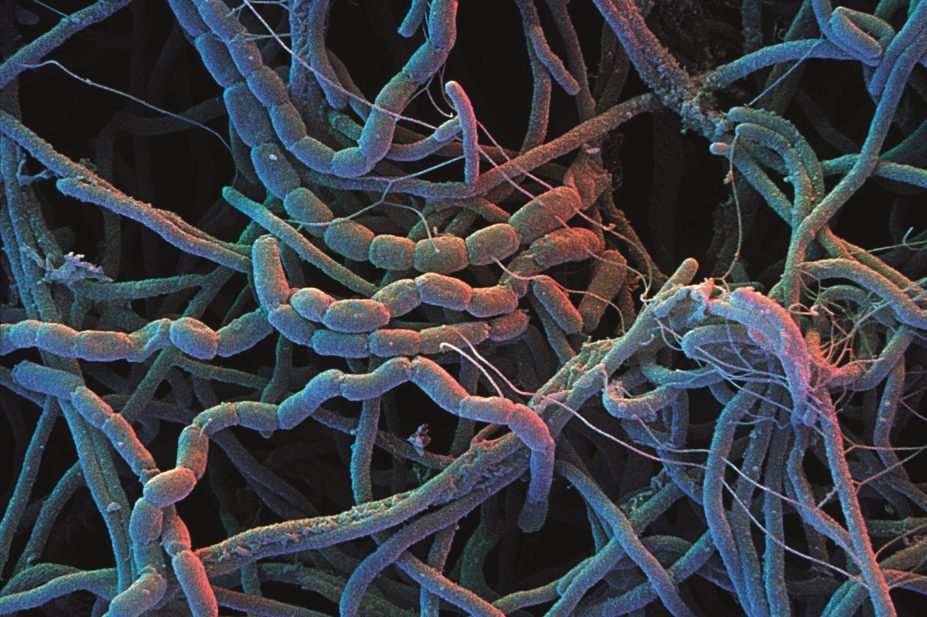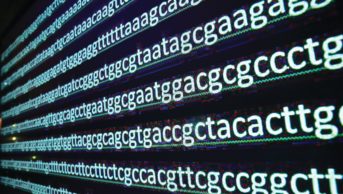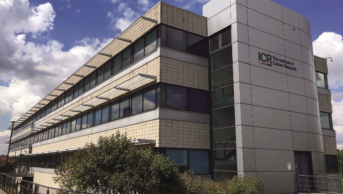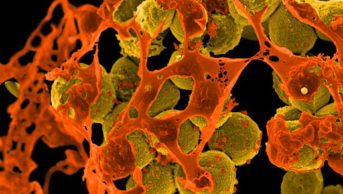
David Scharf / Science Photo Library
Pactamycin, an antibiotic isolated from Streptomyces pactum, possesses strong antitumour activity, but it has never been used as an anticancer drug due to its extensive cytotoxicity. In the search for a less toxic equivalent, US researchers used biosynthetic engineering to develop two pactamycin analogues.
When applied to human head and neck squamous cell carcinoma (HNSCC) cells, both analogues — TM-025 and TM-026 — inhibited cell proliferation and induced mild senescence. Unlike the parent compound, the analogues did not induce apoptosis or autophagy or inhibit synthesis of nascent protein. The effects were partially mediated by tumour suppressor p53, which is frequently mutated in human cancer.
The pactamycin analogues may represent “a new frontier in cancer drug development”, say the authors in PLoS One (online, 4 May 2015)[1]
.
References
[1] Guha G, Lu W, Li S et al. Novel pactamycin analogs induce p53 dependent cell-cycle arrest at S-phase in human head and neck squamous cell carcinoma (HNSCC) cells. PLoS One 2015;10(5):e0125322. doi:10.1371/journal.pone.0125322.


